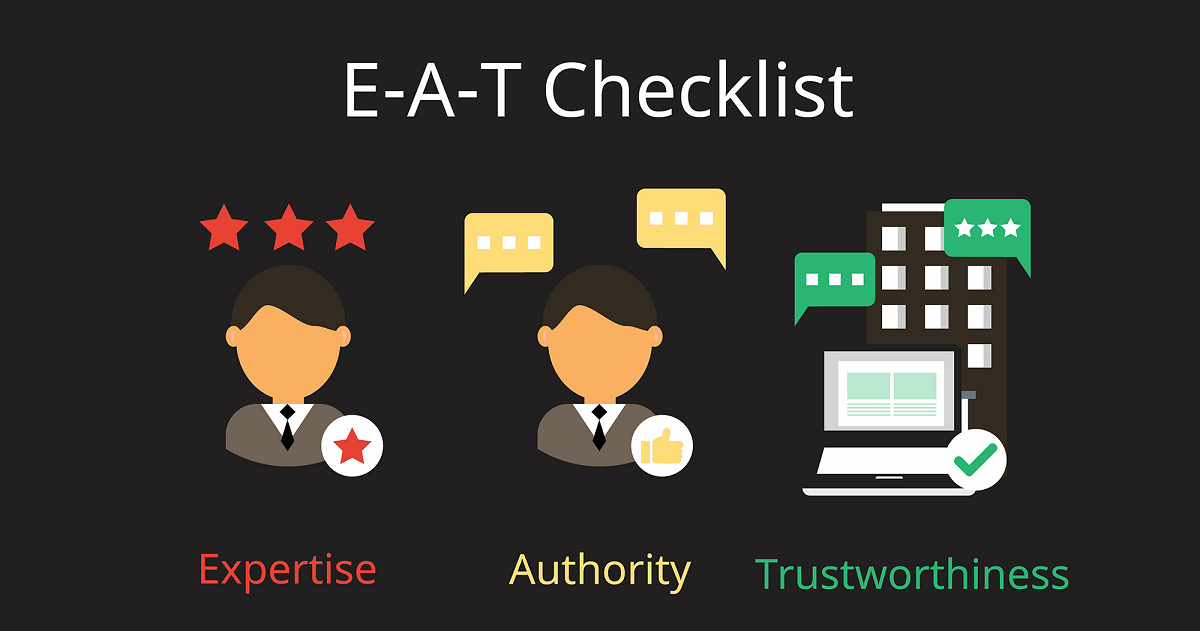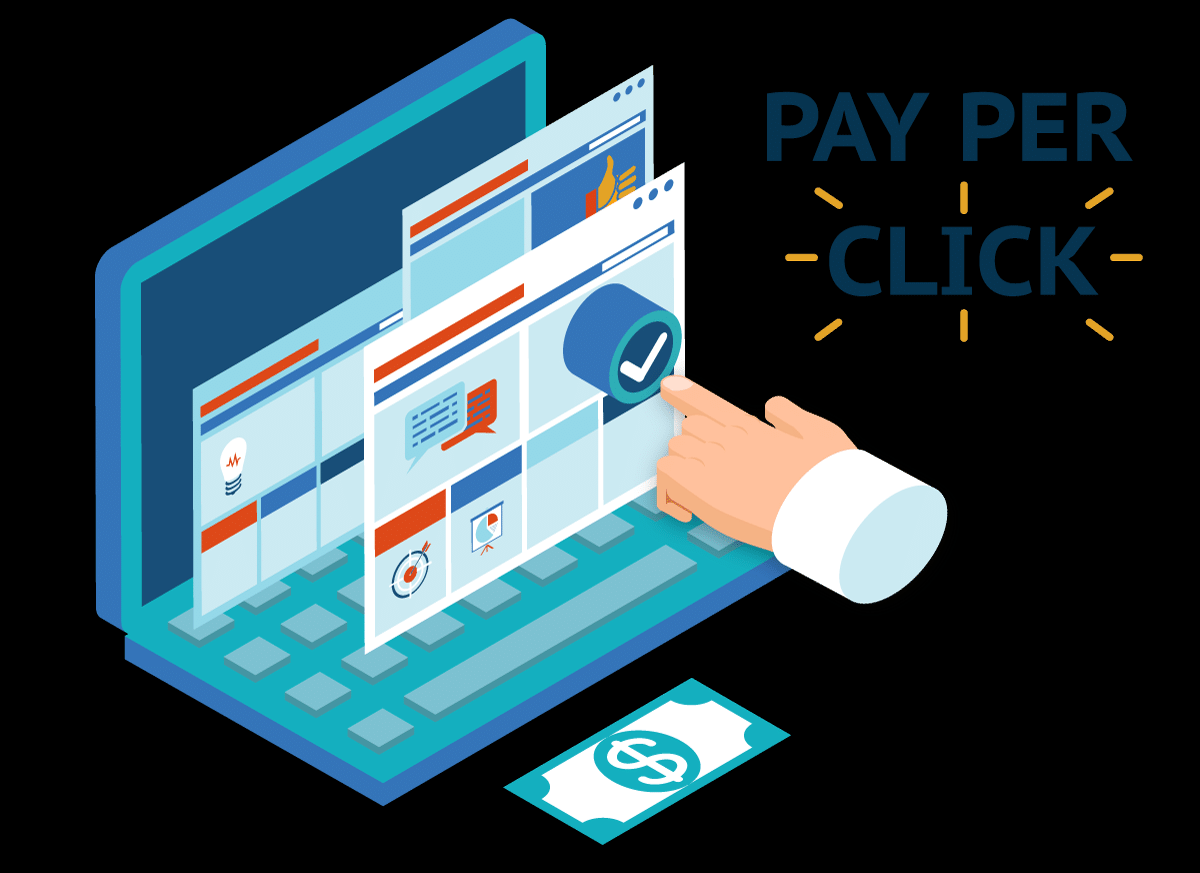BLOG
The Guide To SEO For Nonprofit Organizations

In the digital age, having a strong online presence is crucial for nonprofit organizations to reach their target audience, raise awareness about their cause, and drive donations. Search engine optimization (SEO) plays a vital role in helping nonprofits achieve these goals by improving their visibility in search engine results. By implementing effective SEO strategies, nonprofits can increase their website traffic, attract more volunteers, and ultimately make a greater impact in their communities.
However, many nonprofits struggle to understand and implement SEO due to limited resources and expertise. That's where this guide comes in. Whether you're new to SEO or looking to improve your existing strategy, this comprehensive guide will provide you with the knowledge and tools you need to succeed.
We'll start by explaining the basics of SEO, including how search engines work and why SEO is important for nonprofits. Then, we'll delve into practical tips and strategies for conducting keyword research, optimizing your website, creating high-quality content, and building backlinks. We'll also show you how to measure and analyze your SEO performance so you can continuously improve your strategy over time.
By the end of this guide, you'll have a solid understanding of how SEO can benefit your nonprofit and the steps you can take to enhance your online presence. Whether you're a small grassroots organization or a large nonprofit with a global reach, this guide will help you take your SEO game to the next level.
Understanding SEO Basics
SEO, or Search Engine Optimization, is a crucial digital marketing strategy aimed at improving a website's visibility in search engine results pages (SERPs). Understanding the basics of SEO is essential for anyone looking to increase their online presence and attract more organic traffic to their website.
At its core, SEO is about understanding how search engines like Google work and using that knowledge to optimize your website's content and structure. Search engines use complex algorithms to determine the relevance and authority of web pages, and SEO helps ensure that your website meets the criteria for ranking well in search results.
Key components of SEO include keyword research, on-page optimization, and off-page optimization. Keyword research involves identifying the terms and phrases that your target audience is searching for. These keywords are then strategically placed in your website's content to improve its relevance to those searches.
On-page optimization involves optimizing elements on your website such as meta titles, meta descriptions, headings, and content to make them more search engine-friendly. Off-page optimization, on the other hand, involves building backlinks from other reputable websites to increase your website's authority and credibility.
Overall, understanding SEO basics is crucial for improving your website's visibility and driving organic traffic. By implementing SEO best practices, you can increase your chances of ranking higher in search results and attracting more visitors to your website.
Setting SEO Goals For Nonprofits
Setting SEO goals for nonprofits is crucial for driving meaningful traffic, increasing visibility, and ultimately achieving organizational objectives. Here's a guide to setting effective SEO goals:
- Identify Objectives: Determine what you aim to achieve with your SEO efforts. This could include increasing website traffic, attracting more volunteers, raising donations, or improving brand visibility.
- Set Measurable Goals: Your goals should be specific, measurable, achievable, relevant, and time-bound (SMART). For example, increase organic website traffic by 30% in the next six months.
- Understand Your Audience: Conduct audience research to understand the demographics, interests, and online behavior of your target audience. This will help you create content and optimize your website effectively.
- Perform SEO Audit: Conduct an SEO audit of your website to identify strengths, weaknesses, and areas for improvement. This will help you prioritize your goals and focus on the most impactful strategies.
- Keyword Research: Identify relevant keywords related to your nonprofit's mission, programs, and services. Use keyword research tools to find high-volume, low-competition keywords to target.
- Content Strategy: Develop a content strategy that aligns with your SEO goals. Create high-quality, engaging content that addresses the needs and interests of your target audience.
- On-Page Optimization: Optimize your website's pages for SEO by including relevant keywords in meta tags, headings, and content. Ensure your website is mobile-friendly and has fast loading times.
- Off-Page SEO: Build high-quality backlinks from reputable websites to improve your website's authority and credibility. Engage with your audience on social media and other online platforms.
- Track and Measure Progress: Use tools like Google Analytics to track your website's performance and measure progress towards your SEO goals. Adjust your strategies based on the data to improve results.
- Review and Adjust: Regularly review your SEO goals and strategies to ensure they align with your nonprofit's objectives. Adjust your approach based on performance data and changes in the digital landscape.
Optimizing Nonprofit Websites For SEO
Optimizing nonprofit websites for SEO is crucial for increasing visibility, attracting donors, and engaging supporters. Here are some key strategies:
- SEO-friendly URLs: Use descriptive and concise URLs that include relevant keywords. For example, use "yournonprofit.org/donate" instead of "yournonprofit.org/page123".
- Meta titles and descriptions: Write compelling meta titles and descriptions that accurately describe each page's content and include relevant keywords. This helps improve click-through rates from search engine results pages (SERPs).
- Keyword optimization: Conduct keyword research to identify relevant keywords for your nonprofit. Use these keywords strategically in your website's content, headings, and meta tags to improve search engine rankings.
- High-quality content: Create high-quality, informative content that provides value to your audience. This can include blog posts, articles, videos, and infographics. Ensure that your content is relevant, engaging, and optimized for search engines.
- Mobile optimization: With the increasing use of mobile devices, it's essential to ensure that your website is mobile-friendly. This includes using responsive design, optimizing images and videos for mobile, and ensuring fast page load times.
- Internal linking: Use internal linking to connect related pages within your website. This helps search engines crawl and index your site more effectively, leading to improved rankings.
- Optimized images and videos: Use descriptive file names and alt text for images and videos to improve accessibility and search engine optimization.
- Regular updates: Regularly update your website with fresh, relevant content to keep your audience engaged and attract new visitors. This can include news updates, event announcements, and success stories.
By implementing these strategies, nonprofit organizations can improve their website's visibility in search engine results and attract more visitors, donors, and supporters.
Building Backlinks And Off-Page SEO
Building backlinks and off-page SEO are critical components of any successful SEO strategy. Backlinks are links from other websites that point to your site. They are like votes of confidence from other sites, telling search engines that your content is valuable and worth linking to. Here's how you can build backlinks and improve your off-page SEO:
- Create High-Quality Content: The foundation of any successful backlink strategy is creating high-quality, valuable content that other websites will want to link to. This could be informative blog posts, useful resources, or unique data and insights.
- Guest Blogging: Writing guest posts for other blogs in your industry is a great way to earn backlinks. Make sure the blogs you write for are reputable and relevant to your niche.
- Broken Link Building: Find broken links on other websites and offer your content as a replacement. This not only helps the website owner fix their broken links but also earns you a valuable backlink.
- Social Media Engagement: Engaging with your audience on social media can help increase your content's visibility and attract more backlinks.
- Influencer Outreach: Reach out to influencers and thought leaders in your industry and ask them to share your content. Their endorsement can lead to more backlinks and increased traffic.
- Local SEO and Directories: List your business on local directories and industry-specific directories. These listings can provide valuable backlinks and improve your local SEO.
- Monitor Your Backlink Profile: Regularly monitor your backlink profile to ensure that you are earning high-quality backlinks. Disavow any spammy or low-quality backlinks to avoid being penalized by search engines.
Remember, building backlinks is a long-term strategy that requires patience and persistence. Focus on creating valuable content and building relationships with other websites in your industry, and the backlinks will follow.
Measuring And Analyzing SEO Performance
Measuring and analyzing SEO performance is crucial for understanding the effectiveness of your SEO strategies and making informed decisions to improve your website's visibility and organic traffic. Here's how you can measure and analyze SEO performance:
- Use Google Analytics: Google Analytics is a powerful tool that provides valuable insights into your website's traffic sources, user behavior, and more. You can track organic traffic, keyword performance, bounce rates, and conversion rates to assess the impact of your SEO efforts.
- Monitor Keyword Rankings: Keep track of your website's rankings for target keywords. There are several tools available, such as SEMrush, Ahrefs, and Moz, that can help you monitor keyword rankings and track changes over time.
- Track Organic Traffic: Analyze the amount of organic traffic your website receives over time. Look for trends and spikes in traffic that may be attributed to changes in your SEO strategy or external factors.
- Assess Click-Through Rates (CTR): Analyze the CTR of your website's search results. A high CTR indicates that your meta titles and descriptions are relevant and engaging to users.
- Analyze User Engagement Metrics: Look at metrics such as time on page, pages per session, and bounce rate to understand how users are interacting with your website. This can help you identify areas for improvement in your content and user experience.
- Review Backlink Profile: Monitor the number and quality of backlinks to your website. A healthy backlink profile can improve your website's authority and search engine rankings.
- Set Goals and KPIs: Define specific goals and key performance indicators (KPIs) for your SEO efforts. This could include increasing organic traffic by a certain percentage or improving keyword rankings for target keywords.
- Regular Reporting and Analysis: Regularly review and analyze your SEO performance metrics to identify trends, successes, and areas for improvement. Use this information to adjust your SEO strategy and tactics accordingly.
By measuring and analyzing SEO performance, you can gain valuable insights into the effectiveness of your SEO efforts and make data-driven decisions to improve your website's visibility and organic traffic.
In conclusion, mastering SEO for nonprofit organizations is not just about understanding the technical aspects of search engine optimization but also about creating meaningful connections with your audience. By implementing SEO best practices, nonprofits can increase their visibility, attract more supporters, and ultimately achieve their mission more effectively.
As you embark on your SEO journey, remember that it is a continuous process that requires monitoring, analyzing, and adapting to changes in search engine algorithms and user behavior. By staying informed and proactive, you can ensure that your website remains relevant and accessible to your target audience.
Now is the time to take action. Start by conducting thorough keyword research, optimizing your website's content and structure, and building a strong backlink profile. Monitor your progress using tools like Google Analytics and make adjustments to your SEO strategy as needed.
Together, we can leverage the power of SEO to amplify the voices of nonprofit organizations and make a positive impact on the world. So, what are you waiting for? Let's get started and make a difference together!
Join us in our mission to maximize the impact of nonprofit organizations through effective SEO strategies. Subscribe to our newsletter for regular updates, tips, and resources on SEO for nonprofits. Together, we can make a difference!











